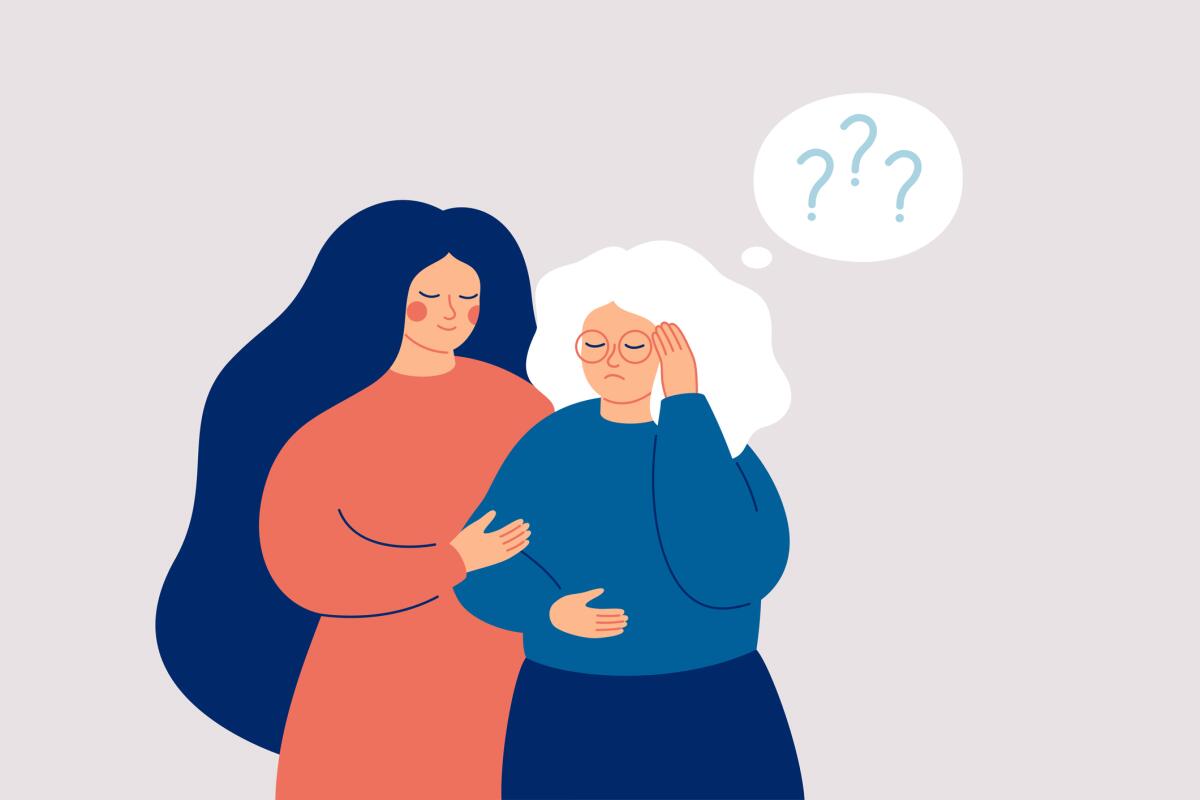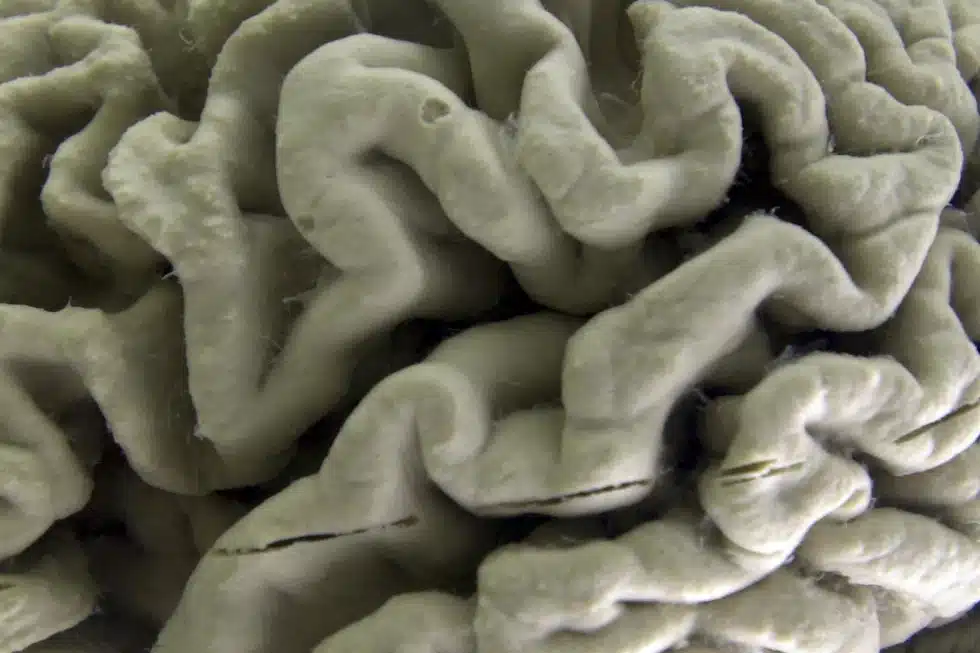Washington — For the first time, researchers have uncovered a genetic variant of Alzheimer’s disease among people who inherit two copies of a concerning gene.
Scientists have long known that a gene known as APOE4 is one of numerous factors that can increase people’s chance of developing Alzheimer’s disease, including just growing older. The great majority of Alzheimer’s cases develop after age 65. However, new research published on Monday reveals that for people who carry two copies of the gene, it is more than a risk factor; it is an underlying cause of the mind-robbing disease.
The findings have “profound implications,” according to Dr. Juan Fortea, who led the study at the Sant Pau Research Institute in Barcelona, Spain.
Symptoms can appear seven to ten years earlier than in other elderly people who get Alzheimer’s.
An estimated 15% of Alzheimer’s patients have two copies of APOE4, which means that those instances “can be tracked back to a cause, and the cause is in the genes,” according to Fortea. Until recently, hereditary variants of Alzheimer’s were thought to be the only types that struck at considerably younger ages, accounting for less than 1% of all cases.
According to scientists, the findings highlight the need of developing medicines targeting the APOE4 gene. Some doctors will not provide Leqembi, the only treatment found to modestly reduce the disease, to people with the gene pair because they are more likely to experience a dangerous side effect, according to Dr. Reisa Sperling, a study coauthor at Harvard-affiliated Brigham and Women’s Hospital in Boston.
Sperling is looking for ways to prevent or at least delay Alzheimer’s, and “this data for me says wow, what an important group to be able to go after before they become symptomatic.”
However, the revelation does not imply that people should race to get a DNA test. “It’s important not to scare everyone who has a family history” of Alzheimer’s because this gene combination isn’t responsible for the majority of instances, she told The Associated Press.

How Does Genetics Affect Alzheimer’s?
Alzheimer’s disease affects more than 6 million Americans and millions more throughout the world. A few genes are known to create rare “early-onset“ forms, which are mutations passed down through generations that cause symptoms to appear unusually early, before the age of fifty. Some occurrences have also been connected to Down syndrome.
However, Alzheimer’s disease most typically strikes after the age of 65, particularly in the late 1970s and 1980s, and the APOE gene, which also affects how the body manages lipids, has long been thought to have a role. There are three major variations. Most people have the APOE3 variation, which does not appear to raise or decrease Alzheimer’s risk. Some people carry APOE2, which offers some protection against Alzheimer’s.
APOE4 has long been identified as the most significant genetic risk factor for late-life Alzheimer’s, with two copies being more risky than one. Approximately 2% of the world’s population is predicted to inherit one copy from each parent.

Research suggests a cause for a subset of Alzheimer’s.
To better comprehend the gene’s function, Fortea’s team analyzed data from 3,297 brains given for research and over 10,000 patients in Alzheimer’s studies in the United States and Europe. They investigated Alzheimer’s symptoms and early warning signs, such as sticky amyloid in the brain.
According to a study published in the journal Nature Medicine, people with two APOE4 copies accumulated more amyloid at age 55 than those with one copy or the “neutral“ APOE3 gene type. By age 65, brain scans revealed considerable plaque buildup in nearly three-quarters of those double carriers, who were also more likely to develop Alzheimer’s symptoms at that age rather than in their 70s or 80s.
Fortea stated that the disease’s basic biology was comparable to young inherited kinds.
It appears to be “a familial form of Alzheimer’s,“ according to Dr. Eliezer Masliah of the National Institute on Aging. “It is not just a risk factor.”
Importantly, not everyone with two APOE4 genes develops Alzheimer’s symptoms, and researchers need to figure out why, Sperling said.
“It’s not quite destiny,“ she explained.

How the new findings may affect Alzheimer’s research and treatment
The medicine Leqembi works by removing some sticky amyloid, but Sperling said it’s unclear whether carriers of two APOE4 genes benefit because they are at a higher risk of the drug’s side effects, which include hazardous brain swelling and hemorrhage. One research topic is whether they might benefit from starting such medications sooner than others.
Masliah stated that other study tries to produce gene therapies or medications that precisely target APOE4. He believes it is especially critical to study APOE4’s impact across varied communities, as it has been investigated primarily in white people of European heritage.
Gene tests are now solely used to determine whether someone is a candidate for Leqembi or to enroll in Alzheimer’s research, particularly investigations of potential disease prevention methods. According to Sperling, the persons who are most likely to carry two APOE4 genes have parents who both developed Alzheimer’s disease in their 60s rather than 80s.
SOURCE – (AP)











